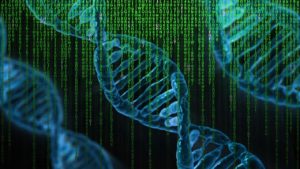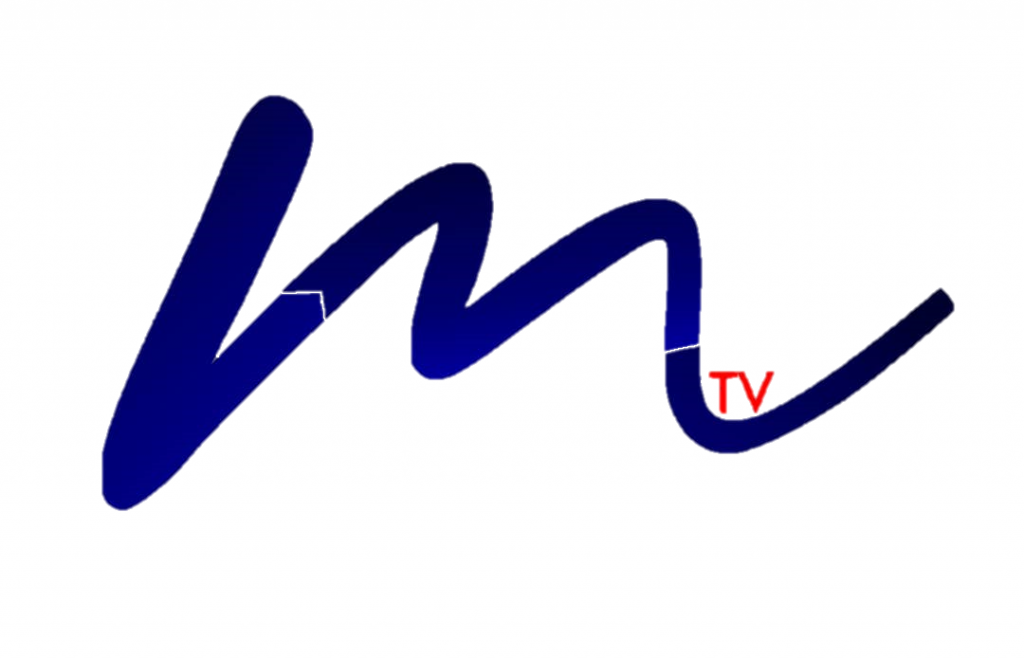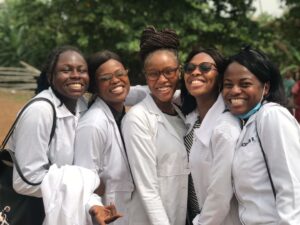In human bodies, approximately two trillion cells divide every day. Every minute, about ten million cells divide in the human body. Normally, they divide in the right way and time by complex mechanism. When these mechanisms and control fails, mutation may arise. Did you know mutation may sometimes be beneficial, harmful or neutral
Sci-fi apart, Beneficial mutations may seems like an additional feature or “super powers” like rich color vision, lactose tolerance, low-cholesterol mutation and, in some, a resistance to Malaria parasite and HIV. Beneficial mutations can be an advantage to the organism possessing them and they can be passed from generation and throughout a population.
Did you know? About 80% of mutation are harmful? Should a gene go awry, it can pose a great threat to the life of the organism possessing it. When the carefully pattern of cell growth fails, the normal cell division and growth is lost. Instead, the cells begin to divide relentlessly and massing into tumors. This is one of the nightmare caused by mutation; Cancer!.
All cancers result from gene mutations. Mutations may be caused by aging, exposure to radiation, chemicals, hormones or other factors in the body and the environment. Over time, a number of mutations may occur in a single cell, allowing it to divide and grow in a way that becomes a cancer. What other close range factors causes mutation leading to cancer?
Legacy from viruses
viruses are essentially a packet of genetic information encased in a protein sheath. Researchers have found that many animal’s tumor viruses belong to the family of virus known as retrovirus; it inserts it’s DNA into the chromosomal DNA of the host cell thereby causing mutation in one or more host cell. Some of these mutations may engender cancer. The main viruses associated with human cancers are human papillomavirus (HPV) hepatitis B virus (HBP) and hepatitis C virus(HCV), Epstein–Barr virus(EBV) and Kaposi’s sarcoma-associated herpes virus (KSHV).
Enemy within
About 5-10% of cancer is hereditary, I.e an individual can inherit an increased risk for cancer from one of their parents. This inherited risk of cancer is caused by a mutated gene in the parent which can be passed through generations in the family. Inherited mutated gene thereby increase the chances to get a certain type of cancer. Below are some cancer that can be hereditary:
Breast cancer
Uterine cancer
Colon cancer
Ovarian cancer
Pancreatic cancer
Prostate cancer
Lifestyle
Habit such as smoking has been confirmed to account for about 20% of all cancer and about 80% of lung cancer results from smoking. Use of Tobacco is the leading preventable cause of cancer and cancer deaths. It causes more than lung cancer. In minutes, a shisha smoker can inhale the same amount of deadly toxins as a cigarette smoker consuming more than 100 cigarettes. Like in cigarette, these toxins put shisha and tobacco smokers at a high risk of developing not only heart and circulatory diseases, but Cancers as well.
Cancers such as cancers of the mouth and throat, esophagus, stomach, kidney, pancreas, liver, bladder, cervix, colon and rectum, and a type of leukemia (acute myeloid leukemia) have been recorded. it is so addictive that 64% smokers diagnosed with cancer continue to light up their cigarettes and Shisha even after they learn they have the disease.
Diets and cancer
Consuming the right foods is not only beneficial for your guts and dental health, but it has been found to reduce your chances of getting specific types of cancer. According to evidences from the World Health Organization (WHO), some processed meat causes cancer as they contain carcinogen some which include; canned meat, hot dogs, corned beef, and Ham. Alternatives such fresh beef, white fish, white meat such as chicken or turkey, or meat-substitutes such as Tofu, cheese and eggs. Alcohol also contain some carcinogen which has been found to cause cancer of the mouth, throat, oesophagus, liver, stomach and bowel.
Declaring a “War On Cancer” starts with creating awareness on it, then increasing the research to improve the understanding of cancer biology and development of more effective cancer treatments, such as anti-cancer drug therapies
Written by
Ahmadd Abdullah
University of Ilorin, Kwara State, Nigeria




Nice and enlightening
Succinct and explicit I must say
Thanks for the remark Henry ..Stay glued to the platform for more illuminating articles